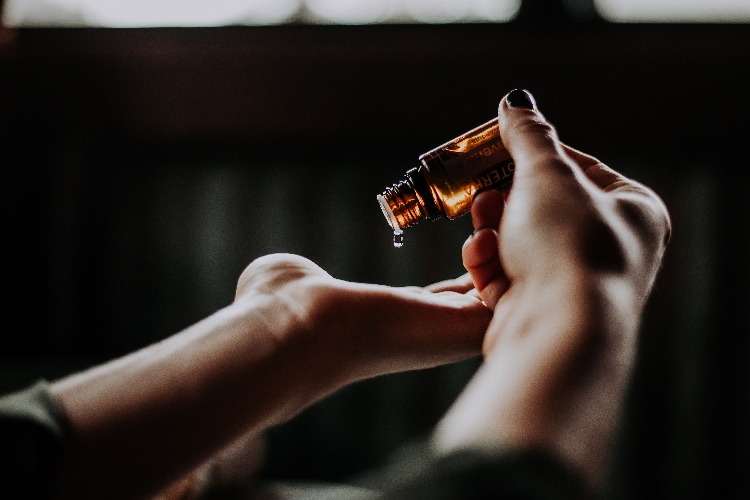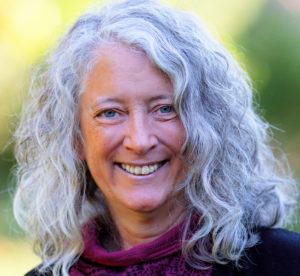
Current trends in the medical mainstream include a deepening biochemical and genomic understanding of the nature and causes of disease, new and ever more sophisticated laboratory tests, increased doctor specialization, and greater-than-ever dogmatic attachment to conventional methods.
None of this is bad, mind you. And understanding of the biochemical mechanisms of bodily action and genomic variability should inform our decisions when choosing which medicines to prescribe for our patients.
Simultaneously, there’s an increasing trend toward integrating conventional and “complementary” methods. And it’s a very laudable goal. Yet, to quote from a Joni Mitchell song, “Something’s lost but something’s gained in living every day.”
Fundamental to all of the healing arts without exception, despite the continually increasing complexity of western medicine, is the time-tested simplicity of lifestyle medicine.

Wellness still depends on fresh air, pure water, a balanced diet, physical movement, a feeling of purpose, meaningful relationships, and a perspective larger than ourselves.
Old-time family doctors were keenly aware of the need to try to get their patients to correct the underlying lifestyle factors that had made them sick. They tried to urge their patients to adopt healthier, wellness-based lifestyles.
But the emphasis in medicine shifted over many decades to stopping the headlong progression of the disease and treating the symptoms, without addressing the underlying lifestyle causes.
Meanwhile, lifestyle medicine is still absolutely fundamental to the training of naturopathic physicians.
Why obsess about your latest, up-to-date, hipster “twenty-three and me” medical diagnosis and treatment plan, if you’re unwilling to make fundamental underlying changes, such as foregoing your caramel macchiato and chocolate chip muffin, or going gluten-free when the tests have clearly shown you’re gluten-sensitive?
Well-researched drugs like Cyclophosphamide may slow or even stop the progression of a deadly cancer, but they are powerless to achieve a permanent healing for the person who has hosted the cancer.
When the oncologist tells his patient that it doesn’t matter what they eat or what lifestyle changes they make, so long as they follow the drug-based regime specific to their cancer type, they’re drastically reducing the patient’s chances of experiencing a permanent healing.
This is by no means empty supposition on our part as naturopathic physicians, or professional jealousy. It’s simply an all too common observation that cancer patients who resist making lifestyle changes are far more likely to suffer a recurrence.
 I love to read the teachings of the old-time naturopaths. I rejoice in their timeless wisdom. Many of their teachings are stunningly simple, yet they can have a profound impact on health.
I love to read the teachings of the old-time naturopaths. I rejoice in their timeless wisdom. Many of their teachings are stunningly simple, yet they can have a profound impact on health.
Bathe your body in the early morning sun. Walk barefoot on the dewy early morning grass. Sweat daily. Exercise, but not to excess. Laugh heartily. Avoid overindulgence.
The catalog of time-tested naturopathic remedies is vast. These simple teachings are universal in their effectiveness, and they are the foundation on which the lasting effectiveness of our sophisticated scientific medicines depends.
Listening to NPR this morning in the car, I heard a doctor lament the lack of time for connecting with his patients on a level where he might not only question their lifestyles, but teach them healthy lifestyle principles, thus restoring the human connection in medicine and promoting true, lasting healing.
“Functional medicine” has become something of a buzzword in traditional medical circles. Naturopathic doctors have always practiced functional medicine.
Naturopathic physicians hold fast to the fundamental need to treat the whole person – seeking the deep causes of disease, rather than temporarily patching-over the symptoms, or treating a single bodily system, often at the ruinous expense of other systems.
The naturopathic physician strives to understand how the systems of the body function together, and to achieve a lasting healing by restoring their robust, healthy, interconnected functioning. This is the true definition of functional medicine.
Read more about the medical services Dr. Connie offers here: http://www.naturopathichealthconsultations.com
